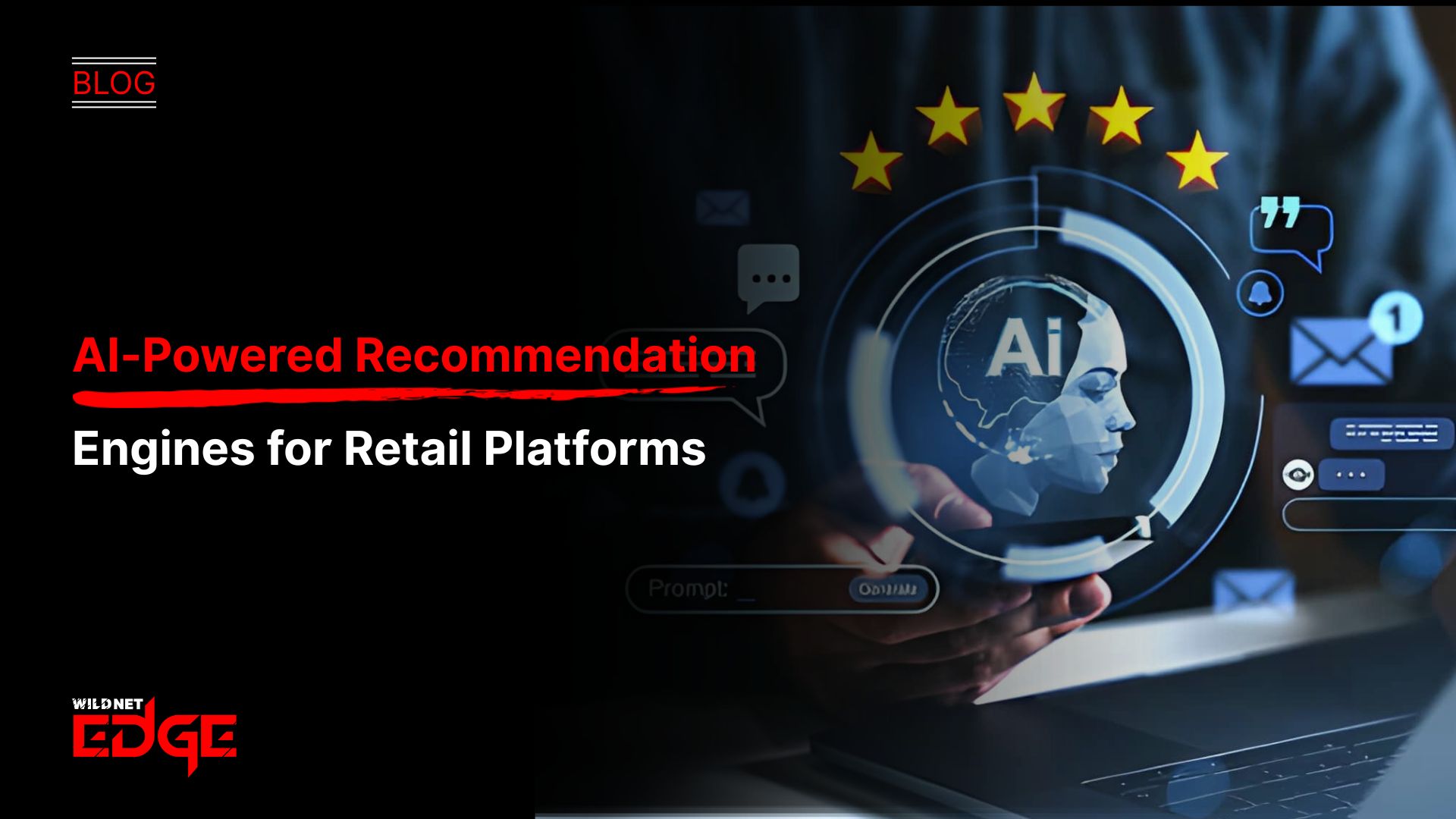Introduction:
CRM vs ERP is a common comparison for businesses aiming to optimize operations and customer management. Customer Relationship Management (CRM) focuses on improving relationships, sales, and customer retention by organizing interactions, leads, and marketing activities. Enterprise Resource Planning (ERP), on the other hand, streamlines internal processes like finance, inventory, human resources, and supply chain management. While CRM enhances customer-facing efficiency, ERP ensures seamless backend operations. Together, they provide a powerful combination for business growth — CRM drives revenue, and ERP enhances productivity and cost control. Choosing between them depends on whether your priority is customer engagement or operational efficiency.
Understanding CRM and ERP
To make an informed decision between CRM and ERP, it’s essential to understand what each system entails.
What is CRM?
Customer Relationship Management (CRM) software is designed to help businesses manage their interactions with current and potential customers. The primary functions of a CRM system include:
- Contact Management: Storing and organizing customer information.
- Sales Management: Tracking sales leads and opportunities.
- Customer Support: Facilitating communication and support for customers.
- Analytics: Providing insights into customer behavior and sales trends.
A CRM system centralizes customer data, making it easier to nurture relationships and improve customer satisfaction.
What is ERP?
Enterprise Resource Planning (ERP) software integrates various business processes across departments into a single system. The core features of ERP systems involve:
- Financial Management: Managing accounting, budgeting, and financial reporting.
- Supply Chain Management: Overseeing inventory, procurement, and logistics.
- Human Resources: Managing employee data, payroll, and benefits.
- Project Management: Tracking project timelines, budgets, and resources.
ERP systems provide a holistic view of business operations, helping to streamline processes and improve efficiency.
Key Differences Between CRM and ERP
The primary differences between CRM and ERP systems lie in their focus and functionalities:
- Focus: CRM is customer-centric, aiming to enhance customer relationships, while ERP is process-centric, integrating various business functions.
- Functionality: CRM systems focus on sales, marketing, and customer support, whereas ERP systems cover finance, supply chain, and human resources.
- Data Usage: CRM systems utilize customer data to drive sales strategies, while ERP systems leverage operational data to optimize resource management.
Understanding these differences is crucial for small businesses as they determine which system to implement first based on their unique needs.
The Importance of Small Business Automation
In today’s fast-paced business environment, small businesses must embrace automation to thrive. Automation not only saves time but also enhances productivity and efficiency.
Benefits of Automation for Small Businesses
- Time Savings: Automating repetitive tasks allows employees to focus on higher-value activities, leading to increased productivity.
- Error Reduction: Automation minimizes human errors, especially in data entry and reporting, which can lead to significant cost savings.
- Scalability: As businesses grow, automation helps manage larger volumes of data and customer interactions without the need for proportional increases in staff.
How CRM and ERP Contribute to Small Business Automation
Both CRM and ERP systems play essential roles in automating various aspects of small business operations:
- CRM Automation: Automates customer interactions, lead tracking, and marketing campaigns. For example, automated email campaigns can nurture leads without manual intervention, while real-time analytics provide insights into customer behavior.
- ERP Automation: Streamlines back-office operations, such as inventory management and financial reporting. For instance, an ERP system can automatically generate financial reports and forecast inventory needs based on sales data.
Real-World Examples of Successful Automation in Small Businesses
Consider a small e-commerce business that implemented a CRM system. By automating customer communications, they were able to increase customer engagement and retention rates. Similarly, a local manufacturing company adopted an ERP system to automate inventory management, resulting in reduced stockouts and improved order fulfillment.
These examples illustrate how automation through CRM and ERP systems can significantly impact small business growth and efficiency.
Custom CRM Software vs. Off-the-Shelf Solutions
When deciding on a CRM solution, small businesses often face the choice between custom CRM software and off-the-shelf solutions. Each option has its own set of advantages and disadvantages.
Pros and Cons of Custom CRM Software
Pros:
- Tailored Features: Custom CRM software can be designed to meet specific business needs, ensuring that all relevant functionalities are included.
- Scalability: As the business grows, custom solutions can be modified to accommodate new processes or features without needing a complete overhaul.
Cons:
- Higher Costs: Custom solutions generally require a more substantial initial investment and ongoing maintenance costs.
- Longer Implementation Time: Developing a custom CRM can take longer than deploying an off-the-shelf solution.
Benefits of Using Off-the-Shelf CRM Solutions
- Lower Initial Investment: Off-the-shelf solutions are usually more affordable and can be implemented quickly.
- Proven Functionality: These solutions have been tested and used by various businesses, providing reliability and support.
Considerations for Choosing Between Custom and Standard Options
When deciding whether to invest in custom CRM software or an off-the-shelf solution, consider the following factors:
- Business Size and Complexity: Larger businesses with complex needs may benefit more from a custom solution, while smaller businesses may find off-the-shelf options sufficient.
- Budget Constraints: Evaluate initial costs versus long-term benefits to determine which option aligns with your financial capabilities.
- Future Growth: Consider how quickly your business is growing and whether a custom solution might be necessary in the near future.
Ultimately, the decision should align with your business objectives and operational requirements.
Trends and Best Practices in CRM and ERP Implementation
As technology evolves, staying updated on trends and best practices for implementing CRM and ERP systems becomes vital for small businesses.
Latest Trends in CRM and ERP Technologies
- AI Integration: Artificial Intelligence is being integrated into both CRM and ERP systems to enhance data analysis, customer insights, and predictive analytics.
- Cloud-Based Solutions: Many small businesses are shifting to cloud-based CRM and ERP solutions for better accessibility and scalability.
- Mobile Optimization: With an increasing reliance on mobile devices, many CRM and ERP systems are becoming more mobile-friendly, allowing for on-the-go access to essential data.
Best Practices for Successful Implementation
- Define Clear Objectives: Establish what you hope to achieve with the CRM or ERP system and communicate this to your team.
- Engage Stakeholders: Involve key stakeholders in the selection and implementation process to ensure that the system meets the needs of all departments.
- Provide Training: Ensure that staff members are adequately trained on how to use the new system to maximize its potential.
Common Pitfalls to Avoid
- Neglecting Data Migration: Failing to properly migrate existing data can lead to incomplete records and operational issues.
- Underestimating Time Requirements: Implementation can take longer than expected, so it’s essential to allocate sufficient time and resources.
- Ignoring User Feedback: Regularly solicit feedback from users to identify areas for improvement and ensure the system remains effective.
By staying informed about trends and adhering to best practices, small businesses can successfully implement CRM and ERP systems that drive efficiency and growth.
Conclusion
In summary, understanding the differences between CRM and ERP systems is crucial for small businesses looking to enhance their operations. By prioritizing the right system, you can streamline your processes and drive growth. Trust WildnetEdge to guide you through this journey, ensuring you choose the best solution for your needs. Ready to take the next step?
FAQs
Q1: What is the main difference between CRM and ERP?
CRM focuses on managing customer relationships, while ERP integrates various business processes across departments.
Q2: Why is small business automation important?
Automation helps small businesses save time, reduce errors, and improve overall efficiency, leading to better customer service and increased profits.
Q3: Should I invest in custom CRM software for my small business?
Custom CRM software can be tailored to your specific needs, but it may require a higher initial investment compared to off-the-shelf solutions.
Q4: What are the benefits of using ERP systems for small businesses?
ERP systems provide a unified view of business processes, improve data accuracy, and enhance resource management, which is vital for small business growth.
Q5: How can I decide whether to implement CRM or ERP first?
Evaluate your business needs, customer relationship management requirements, and operational processes to determine which system will provide the most immediate benefit.

Nitin Agarwal is a veteran in custom software development. He is fascinated by how software can turn ideas into real-world solutions. With extensive experience designing scalable and efficient systems, he focuses on creating software that delivers tangible results. Nitin enjoys exploring emerging technologies, taking on challenging projects, and mentoring teams to bring ideas to life. He believes that good software is not just about code; it’s about understanding problems and creating value for users. For him, great software combines thoughtful design, clever engineering, and a clear understanding of the problems it’s meant to solve.
 sales@wildnetedge.com
sales@wildnetedge.com +1 (212) 901 8616
+1 (212) 901 8616 +1 (437) 225-7733
+1 (437) 225-7733















 ChatGPT Development & Enablement
ChatGPT Development & Enablement Hire AI & ChatGPT Experts
Hire AI & ChatGPT Experts ChatGPT Apps by Industry
ChatGPT Apps by Industry ChatGPT Blog
ChatGPT Blog ChatGPT Case study
ChatGPT Case study AI Development Services
AI Development Services Industry AI Solutions
Industry AI Solutions AI Consulting & Research
AI Consulting & Research Automation & Intelligence
Automation & Intelligence















